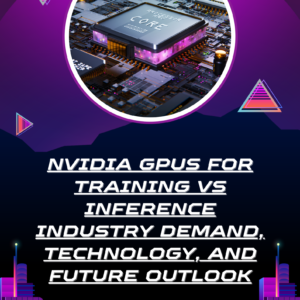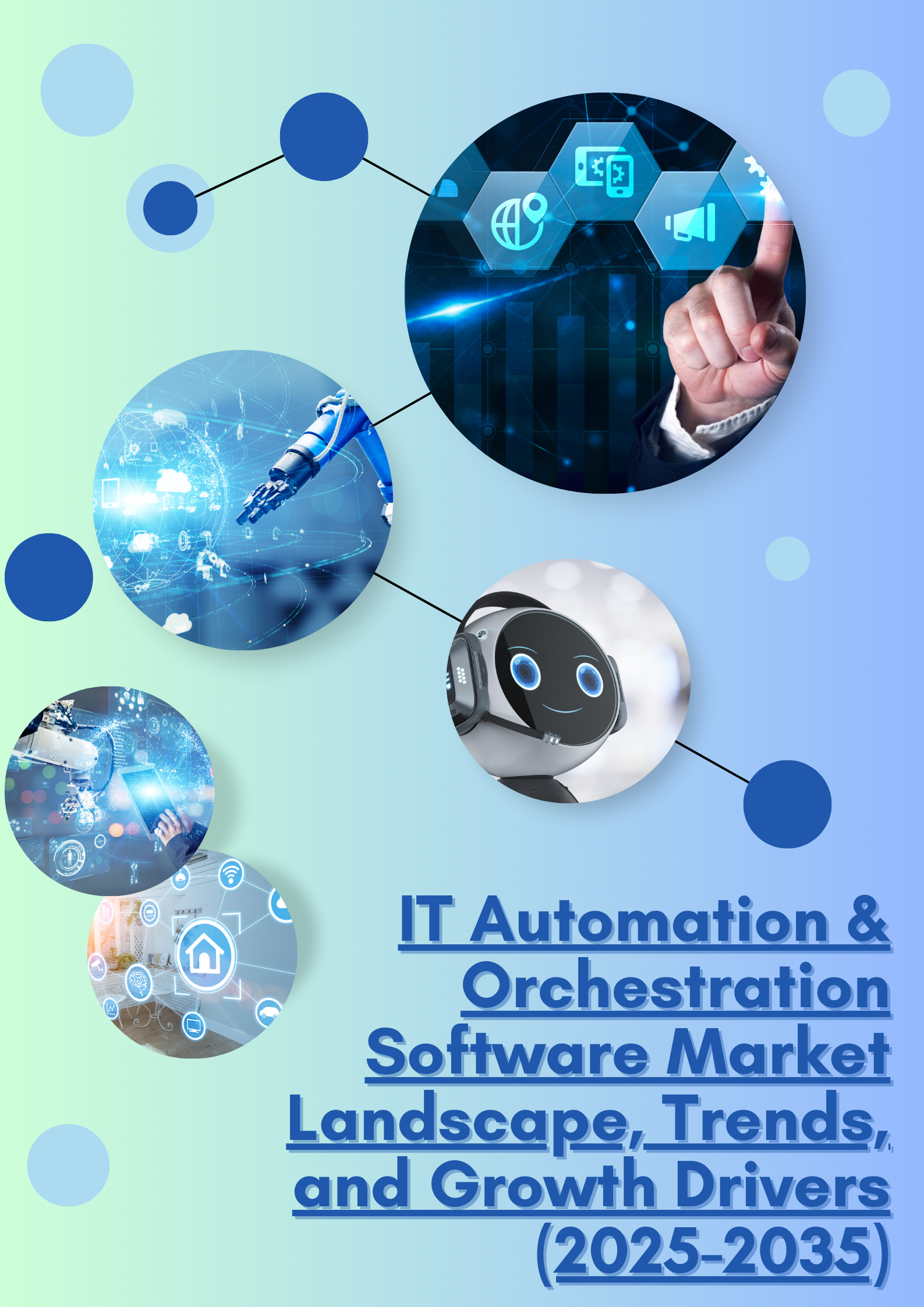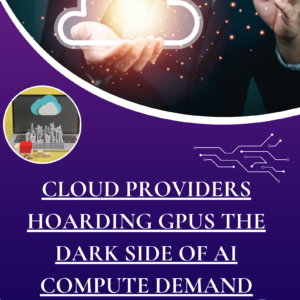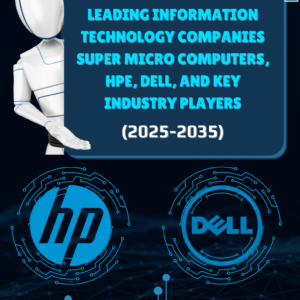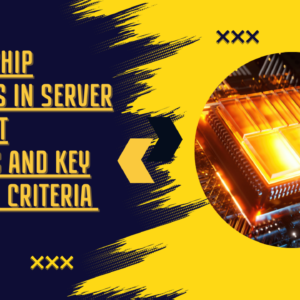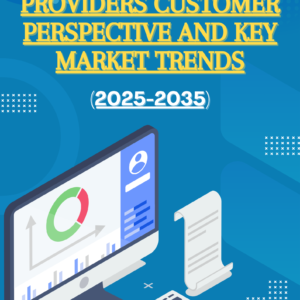1. Executive Summary
-
- Key findings on market size and growth
- Critical factors shaping the industry
- Overview of major trends and future outlook
2. Market Overview
a. Definition and Scope
-
- IT Automation & Orchestration Software defined
- Key components and functionalities
- Differentiation from related technologies
b. Market Size and Growth
-
- Current market valuation
- Historical growth rates
- Projected market size (2025-2035)
c. Market Segmentation
-
- By deployment type (on-premise, cloud-based, hybrid)
- By enterprise size (SMEs, large enterprises)
- By industry vertical (BFSI, IT & Telecom, Healthcare, etc.)
- By geographic region
d. Value Chain Analysis
-
- Key stakeholders in the ecosystem
- Roles of software vendors, system integrators, and end-users
3. Competitive Landscape
a. Market Structure
-
- Degree of market concentration
- Barriers to entry
- Potential for new entrants and disruptors
b. Types of Players
-
- Large enterprise software vendors
- Specialized automation providers
- Open-source solutions and their impact
c. Competitive Strategies
-
- Product differentiation approaches
- Pricing models and strategies
- Partnership and ecosystem development
d. Market Share Analysis
-
- Leading players and their positioning (without naming specific companies)
- Emerging players and their growth trajectories
- Regional variations in competitive dynamics
4. Key Market Trends
a. Technological Trends
-
- AI and machine learning integration
- Robotic Process Automation (RPA) convergence
- Low-code/no-code automation platforms
- Cloud-native and containerized solutions
b. User Experience Trends
-
- Shift towards more intuitive interfaces
- Self-service automation capabilities
- Mobile-first approaches in automation tools
c. Integration Trends
-
- DevOps and IT Automation convergence
- Integration with ITSM and ITOM tools
- APIs and extensibility focus
d. Industry-Specific Trends
-
- Customized solutions for different verticals
- Compliance and security-focused automation
- Edge computing and IoT automation
5. Growth Drivers
a. Digital Transformation Initiatives
-
- Acceleration of enterprise digital strategies
- Need for operational efficiency and cost reduction
- Increasing complexity of IT environments
b. Skill Shortages and Resource Optimization
-
- Addressing IT skills gaps through automation
- Focus on freeing up IT resources for strategic tasks
- Improving consistency and reducing human errors
c. Cloud Adoption and Hybrid Environments
-
- Managing multi-cloud and hybrid infrastructures
- Automating cloud resource provisioning and management
- Ensuring consistency across diverse environments
d. Regulatory Compliance and Security
-
- Automating compliance checks and reporting
- Enhancing security through automated responses
- Managing and mitigating risks in complex IT landscapes
6. Challenges and Opportunities
a. Challenges
-
- Integration with legacy systems
- Ensuring ROI on automation investments
- Managing change and organizational resistance
b. Opportunities
-
- Expansion into new industry verticals
- Leveraging data analytics for predictive automation
- Addressing emerging technologies (5G, edge computing)
7. Future Outlook (2025-2035)
-
- Projected technological advancements
- Potential market consolidation scenarios
- Emerging use cases and applications
8. Case Studies (Generalized)
-
- Successful implementations across different industries
- Quantifiable benefits and ROI examples
- Lessons learned and best practices
9. Recommendations for Stakeholders
-
- Key considerations for IT decision-makers
- Strategies for vendors to differentiate and grow
- Investment focus areas in the automation space
10. Conclusion
-
- Recap of key market dynamics
- Critical success factors for market participants
11. Appendices
-
- Glossary of IT Automation & Orchestration terms
- Market sizing methodology
- List of key industry events and conferences
#ITAutomation #OrchestrationSoftware #AIinAutomation #DigitalTransformation #CloudAutomation #RPAIntegration #HybridCloud #EnterpriseAutomation #LowCodeAutomation #ITSkillsGap #ITOM #ITSM #EdgeComputing #IoTAutomation #AutomationTrends #OperationalEfficiency

